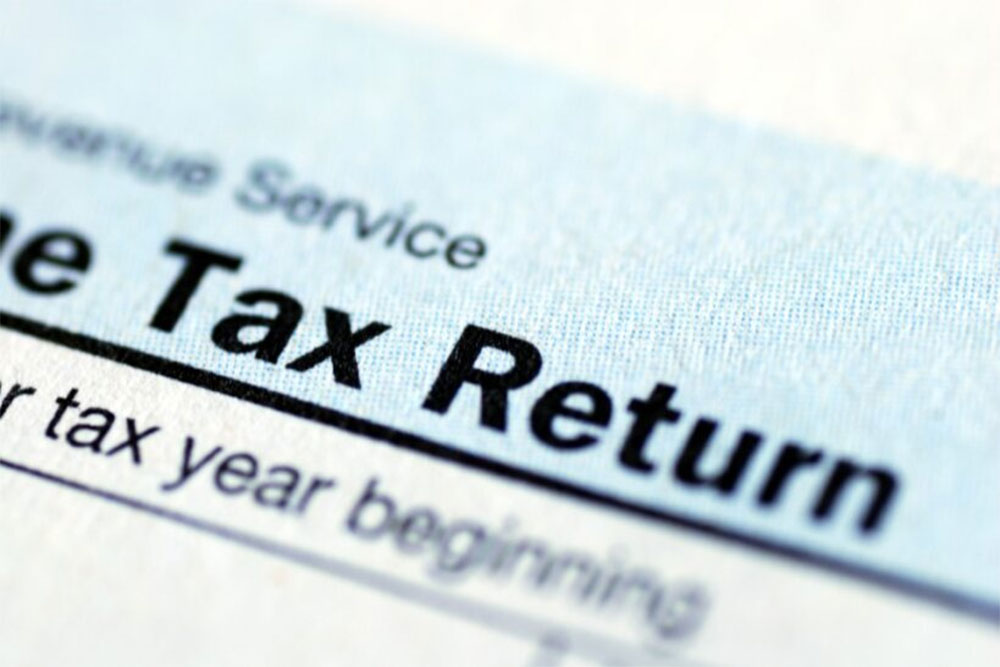In recent years, the government has taken many proactive measures to ensure that income tax return (ITR) processing and refunds are generated on a real-time basis. The government has also ensured that taxpayers report income, deductions and/or exemptions and taxes correctly on their ITRs.

So, here are some of the key factors taxpayers should follow to ensure tax hygiene in their life. Here they are:
- Link PAN with Aadhaar, if not already completed.
- File ITR appropriately to avoid non-compliance. While filing the tax return, thoroughly review the data captured by the tax authorities in Form 26AS, Annual Information System (AIS), etc.
- Keep the income tax account up to date with respect to address, mobile number, etc.
- Ensure that outstanding queries or demands, if any, are addressed on time to remain compliant.
- Pay up quarterly advance tax, where applicable, to avoid payment of interest.
- Ensure proper tax compliance at the time of purchasing an immovable property or making rental payments towards a let-out (rented) property.
Also, since the new tax regime is now the default one, some additional factors should be kept in mind. These are:
- Make a decision on whether taxpayers want to be covered under the new regime or the old one. Taxpayers can also use the tax calculator provided by the income tax department to work out the cost-benefit analysis.
- If you are a salaried taxpayer, you can choose between the old and the new regimes by informing your employer in advance or while filing ITR under Section 139(1).
- File original ITR under Section 139(1) mandatorily if you want to opt for the old tax regime. Othersise, you will be taxed under the default new tax regime.
- If you have income from business or profession, you need to file Form No. 10-IEA before filing your ITR under Section 139(1).
 If you are opting for the old tax regime, here is an indicative list of exemptions/deductions provided:
If you are opting for the old tax regime, here is an indicative list of exemptions/deductions provided:
- If you are a salarid taxpayer residing in a rented accommodation, you can continue to claim HRA deduction, which at present is not capped, and is derived on the basis of the basic salary, house rent received, rent paid, and the city of employment.
- Salaried taxpayers can also claim exemption/deduction with respect to leave travel allowance, food or meal coupons, children’s education or hostel allowance, etc., provided these components form part of their salary structure.
- Investment in Provident Fund, NPS, life insurance, fixed deposits, National Savings Certificate, etc. continues to be allowed.
- Expenditure incurred on medical insurance, preventive health checkups, housing loans, education loans, donations, etc. will help taxpayers maximise tax savings under the old regime.
How To Deal With Tax Paperwork, Updates?
In the electronic era, dealing with paperwork has been hassle-free as all the data is now flowing seamlessly to the taxpayers digitally. Now, AIS helps taxpayers to validate most of their income which is reported by various entities and published by the government. This makes it easier for taxpayers to validate and report it in their ITR. However, it is also important that taxpayers report any variation correctly and in a timely manner.

In addition, it is important that taxpayers retain supporting paperwork for a period of up to 10 years (16 years in cases involving foreign assets and income). So, taxpayers have to spend some time in keeping their books in order to experience a hassle-free tax compliance.
Sudhakar Sethuraman, Partner, Deloitte Touche Tohmatsu India LLP







